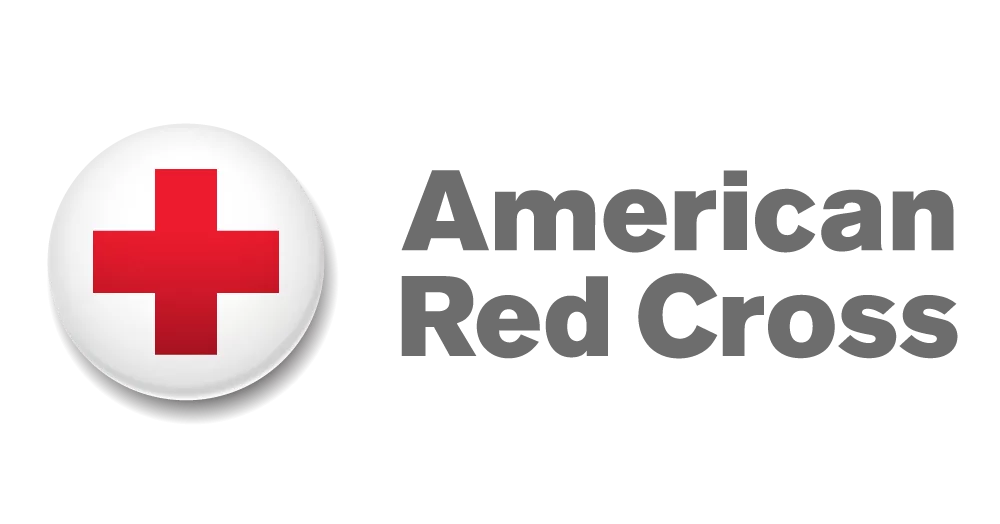
MADISON, Wis. – January is Human Trafficking Awareness Month and brings an opportunity to raise awareness about the impact of human trafficking in Wisconsin and across the nation. The Wisconsin Department of Justice (DOJ) Human Trafficking Initiative continues its work to make Wisconsin inhospitable to traffickers while advancing victim-centered strategies and partnerships statewide.
“By recognizing and reporting signs of human trafficking, people can help combat it,” said Attorney General Kaul. “We must continue raising awareness regarding this detestable crime.”
In recognition of Human Trafficking Awareness Month, the Wisconsin Anti-Human Trafficking Task Force (WAHTTF) and DOJ are working to promote education, address misconceptions, and provide vital resources for survivors, communities, and law enforcement throughout the state.
Myths vs. Facts: Understanding Human Trafficking
- Myth: Human trafficking only happens outside the U.S., particularly in developing countries.
Fact: Human trafficking occurs in every state, including Wisconsin, affecting both adults and minors. - Myth: Traffickers generally target strangers.
Fact: Victims are often trafficked by someone they know, including romantic partners, family members, and employers, who use grooming tactics like emotional manipulation and false promises. - Myth: Victims of human trafficking come only from disadvantaged or vulnerable backgrounds.
Fact: Anyone can become a victim of trafficking. While some populations, including those facing abuse, homelessness, or poverty, may be at greater risk, trafficking can impact individuals from all walks of life. - Myth: All human trafficking involves sex.
Fact: While sex trafficking is a major issue, labor trafficking is also prevalent, affecting individuals in industries such as agriculture, hospitality, and domestic work. - Myth: Victims of trafficking are typically physically restrained and held against their will.
Fact: While some victims may be physically confined, traffickers often use psychological control through fear, manipulation, and threats to keep victims in their situation.
For additional facts and resources, visit the Department of Homeland Security Blue Campaign webpage.
How to Help
If you suspect trafficking, do not intervene directly. Instead, document as much information as possible and contact law enforcement immediately.
If you or someone you know needs immediate help, call 911. The National Human Trafficking Hotline also assists victims and accepts tips 24 hours a day, 7 days a week, at 1-888-373-7888. Other tiplines include the Blue Campaign Tip Hotline at 1-866-347-2423, and the National Center on Missing and Exploited Children (NCMEC) tipline at 1-800-843-5678.
For help finding a local service provider, reach out to the DOJ Office of Crime Victim Services or visit the service directories on DOJ’s human trafficking website at www.BeFreeWisconsin.com. You can also find local service providers at https://www.wcasa.org/
The Wisconsin Anti-Human Trafficking Task Force will be hosting a webinar on February 4, 2025, from 1:00pm to 3:00pm CST. Registration is open to members of the public who would like to learn more about sex and labor trafficking, understand what human trafficking can look like, and how to connect survivors with resources here in Wisconsin. To register, visit: https://wisdoj.
View this press release on the Wisconsin DOJ website here.







